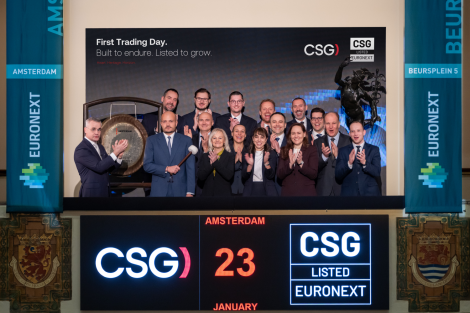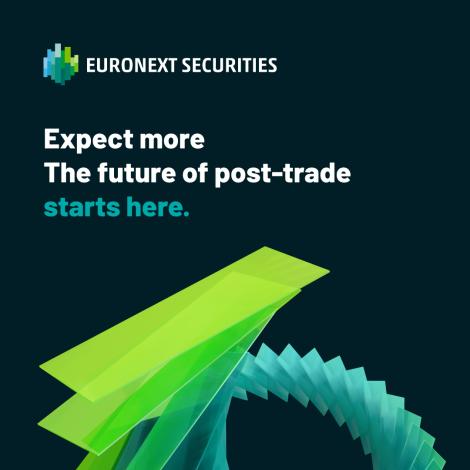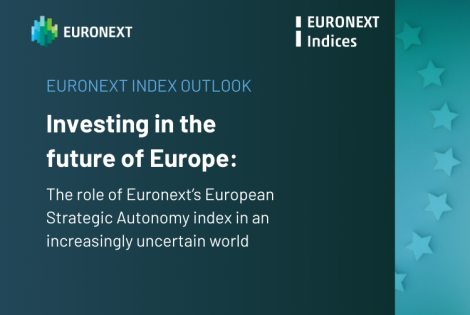The second half of 2019 marked the return of the giants. Euronext exchanges saw six large-cap listings, including internet company Prosus and gambling company Française des Jeux.
These listings boosted total proceeds from new listings to €4.7 billion from 47 deals by the end of November.
Late 2019 saw a flurry of flotations of ‘cleantech’ companies providing solutions to environmental problems. This is a sector where European businesses play a key role globally, thanks to a combination of homegrown expertise and strong government interest in green issues. One example of this was Boostheat, a French company that makes eco-boilers; it listed on the Paris exchange in October. Twelve days later we saw the IPO of another French cleantech business in Paris: Hoffman Green Cement Technologies, which makes cement using less carbon than traditional methods.
September saw an interesting deal in another sector in which Europe leads the world: high-end style. La Perla Fashion Holding, a Dutch manufacturer and retailer of handmade Italian clothing, listed in Paris. This was a direct listing, whereby the company listed its existing shares, without using an underwriter.
International turbulence
Euronext had a good year for listings, though its IPO activity was relatively quiet throughout the beginning of the year. Finding the right time to float proved tricky in 2019, with trade tensions hitting business confidence, slowing international commerce, and buffeting stock markets. Across the global markets, a number of eagerly awaited IPOs were cancelled.
This relatively slower pace reflects uncertainty around the stability of the global economy. As a result, the International Monetary Fund forecasts worldwide economic growth of only 3% for 2019[1], the lowest registered level since 2009. Yet, several deals made in 2019 showed positive post-IPO performance from newly-listed companies. Despite the macroeconomic uncertainties, investors showed their continued interest in solid companies.
Healthy scepticism
We do not believe this turbulence reflects disenchantment with stock market listings as a whole, or calls into question their role in corporate fundraising. Instead, it shows a healthy desire to question the business plans and commercial prospects of individual companies – a tendency that should keep the IPO markets robust and healthy in the long run.
Looking ahead, we believe that 2020 is likely to be stronger for listing than 2019, both in Europe and around the rest of the world, if market conditions remain favourable as trade tensions ease and economic growth recovers. The resolution of the Brexit situation should also increase business confidence and listing activity by reducing uncertainty. The powerful forces that are driving the establishment, growth and floating of companies in sectors where Europe is strong will only grow more powerful. For example, concerns about pollution and global warming are rising, and governments are largely looking to the private sector to find practical solutions. In conclusion, the continent should see a healthy pipeline of listings as we continue our efforts to make the pipeline stronger.







